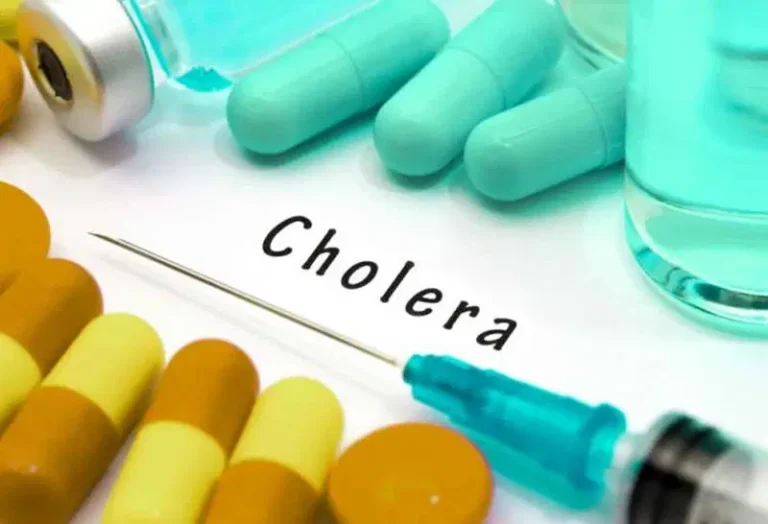The United Nations Children’s Fund (UNICEF) and the Zamfara State Government have intensified efforts to improve access to safe water in communities affected by the ongoing cholera outbreak in the state.
Mr. Obinna Uche, UNICEF’s WASH (Water, Sanitation, and Hygiene) Specialist, disclosed this during a virtual WASH-in-Emergency meeting hosted on Wednesday in Abuja by the Federal Ministry of Water Resources and Sanitation, in collaboration with relevant agencies and development partners.
According to data from the State Epidemiology Unit (weeks 1–27), over 1,500 children have been affected and 130 deaths recorded across 11 local government areas, with a fatality rate of 2%.
Uche said the intervention is part of a coordinated effort to interrupt disease transmission and address the root causes of recurring waterborne outbreaks in Zamfara.
“We are actively supervising and supporting the state’s response in coordination with colleagues from health, surveillance, and risk communication.
Through our Sokoto field office, all activities are being harmonized and implemented.
Our top priority is prevention—ensuring people have access to safe water, hygiene services, and accurate information.
With sustained effort, we are confident that case numbers will decline in the coming weeks,” he said.
Earlier, Dr. Abubakar Galadima, Programme Manager at the Zamfara Rural Water Supply and Sanitation Agency (RUWASSA), said the state had begun daily emergency water trucking of 80,000 litres to the hardest-hit communities.
He explained that the decision followed a rapid WASH assessment that identified critical contamination risks, especially in Gusau LGA, which accounts for over 60% of reported cases.
“Most households in Gusau rely on open streams. The alternative—water from the state water board—is unsafe because distribution pipes pass through drains contaminated with sewage.
We have formally engaged the State Water Board and requested an immediate suspension of supply from these unsafe sources.
In the meantime, we are delivering 40,000 litres of clean water each in the morning and evening to affected communities,” he said.
Galadima added that water quality testing using H₂S vials was ongoing across affected LGAs with support from UNICEF and other partners.
He also noted that training was underway for community-based volunteers, WASH Committees (WASHCOMs), chlorinators, and Ward Development Committees (WDCs) as part of the Cholera Awareness Training Initiative (CATI).
He commended UNICEF for providing essential supplies, including cholera kits, Aquatabs for water purification, protective gear, and hygiene materials.
However, Galadima expressed concern over delays in the release of state funding for the intervention.
“Although counterpart funding is available, we are actively following up to ensure timely mobilization of state support,” he said.
In her response, Mrs. Elizabeth Ugoh, Director of Water Quality Control and Sanitation at the Federal Ministry of Water Resources and Sanitation, emphasized the need for long-term investment in water and sanitation infrastructure to prevent future outbreaks.
Ugoh urged Zamfara RUWASSA to escalate its findings and updates to both the state commissioner and governor, stressing that the cholera outbreak remains a serious public health concern.
She also reinforced the importance of water treatment and regular handwashing at critical times to reduce faecal-oral disease transmission in vulnerable communities.
The presentations were also made by the Nigeria Centre for Disease Control (NCDC), Nigeria Hydrological Services Agency, and representatives from Benue and Niger States.


